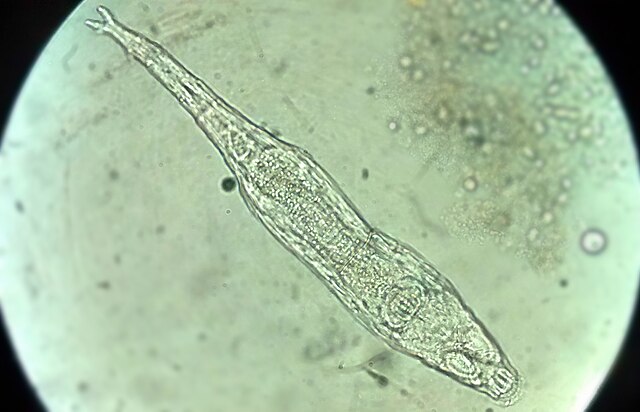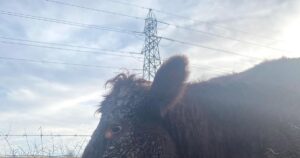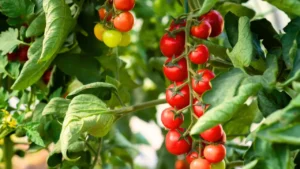
soil fauna.jpg

Valuable Assistance: Soil Fauna
Definition:
Soil fauna refers to the diverse array of animals that inhabit the soil environment, playing crucial roles in nutrient cycling, soil structure formation, and organic matter decomposition. These organisms range from microscopic invertebrates such as nematodes and mites to larger organisms like earthworms and insects.
Enlightening Details:
- Earthworms: Earthworms are perhaps the most well-known soil fauna, recognized for their ability to burrow through soil, ingest organic matter, and excrete nutrient-rich casts that enhance soil fertility and structure.
- Arthropods: Soil-dwelling arthropods, including insects, spiders, and mites, contribute to soil health by shredding plant material, consuming decomposing organic matter, and preying on other soil organisms.
- Nematodes: Nematodes are microscopic roundworms that occupy various niches within the soil ecosystem, playing roles as herbivores, predators, and decomposers. Some nematode species are beneficial, while others can be plant pests.
Informative Tips:
- Biodiversity: A diverse community of soil fauna is indicative of soil health and fertility. Encouraging biodiversity through habitat provision and organic farming practices can enhance soil ecosystem resilience and productivity.
- Soil Structure: Soil fauna activities, such as burrowing, tunneling, and feeding, contribute to soil aggregation and aeration, improving water infiltration, root penetration, and nutrient cycling.
Actionable Suggestions:
- Minimize Soil Disturbance: Limiting tillage and avoiding the use of heavy machinery can help preserve soil fauna habitat and minimize disruptions to their populations and activities.
- Organic Matter Management: Incorporating organic amendments such as compost, manure, and cover crops provides food and habitat for soil fauna, supporting their populations and enhancing soil fertility.
Practical Advice:
Understanding the role of soil fauna in soil health and ecosystem functioning is essential for farmers seeking to adopt sustainable agricultural practices. By promoting a diverse and thriving community of soil fauna, farmers can improve soil structure, nutrient cycling, and crop productivity while minimizing the need for external inputs.
Fall off the barn roof and busted your keister? Life on the farm or ranch can be tough on the bum. Need a break? Laugh it off at FarmerCowboy.com, the #1 farm humor site. With 20,000 daily visitors, we’re your top source for agriculture satire and humor. Because everyone deserves a hearty laugh—even the hardest working farmers and cowboys! Join us and turn those long days into fun tales at FarmerCowboy.com.
References:
- Wall, D. H., Bardgett, R. D., & Kelly, E. F. (2010). Biodiversity in the dark. Nature Geoscience, 3(5), 297-298. Link
- Decaëns, T., & Rossi, J. P. (2001). Is the macroporosity of soil aggregates influenced by soil fauna? Evidence from micromorphological observations in two contrasting soils. Geoderma, 101(1-2), 31-46. Link
- Ferris, H., & Tuomisto, H. (2015). Unearthing the role of biological diversity in soil health. Soil Biology and Biochemistry, 85, 101-109. Link
Originally posted 2005-07-24 04:36:31.
Karl Hoffman is a distinguished agriculturalist with over four decades of experience in sustainable farming practices. He holds a Ph.D. in Agronomy from Cornell University and has made significant contributions as a professor at Iowa State University. Hoffman’s groundbreaking research on integrated pest management and soil health has revolutionized modern agriculture. As a respected farm journalist, his column “Field Notes with Karl Hoffman” and his blog “The Modern Farmer” provide insightful, practical advice to a global audience. Hoffman’s work with the USDA and the United Nations FAO has enhanced food security worldwide. His awards include the USDA’s Distinguished Service Award and the World Food Prize, reflecting his profound impact on agriculture and sustainability.






